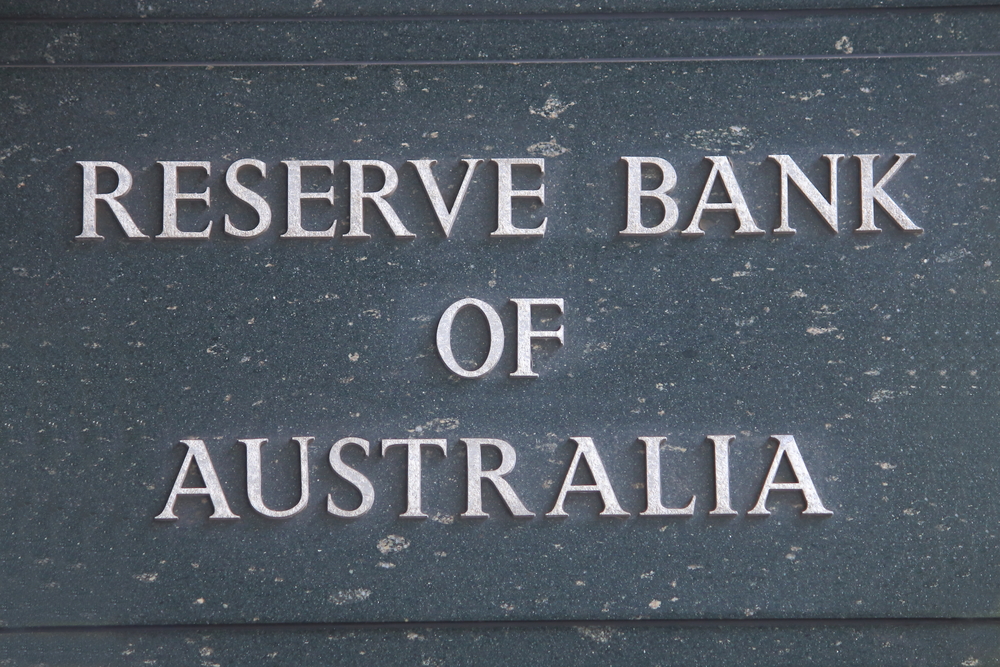What does the latest RBA interest rate cut mean for borrowers?

On November 3, the Reserve Bank of Australia (RBA) cut interest rates to a record low of 0.1 per cent as a result of the COVID-19 recession. This comes following the previous record low of 0.25% earlier this year.
This historic rate cut is geared to support the property market and help small business owners in the wake of the economic turmoil caused by the pandemic.
But what does the new RBA rate cut mean if you have a home loan, or if you’re planning to buy? And which banks are passing on the rate?
Read on to find out.
RBA cuts cash rate to a historic low in November
In a record move, the RBA has cut the official cash rate from 0.25 per cent to a new record low of 0.10 per cent. This rate is not expected to increase for the next three years.
Alongside this cash rate cut, the RBA also announced it will:
- lower its three-year bond rate target to 0.1 per cent; and
- purchase $100 billion worth of Australian government bonds over the coming six months, in order to lift inflation and encourage lending or investments (also known as quantitative easing).
- reduce the interest rate on new drawings under the term funding facility to 0.1 per cent.
- reduce the interest rate on Exchange Settlement balances to zero.
Which banks are passing on the rate cut?
All of the big four banks have already made announcements that they will pass on the rate cut to its customers.
Last update: 19 November 2020
- Commonwealth Bank. Commonwealth Bank’s four-year fixed-rate loan for owner-occupiers will be reduced by 100 basis points to 1.99 per cent. This is the lowest fixed rate the bank has ever offered in its 108-year history. Variable rates have remained untouched.
- NAB. NAB has slashed its four-year fixed-rate loan by 81 basis points to 1.98 per cent p.a. for owner-occupiers. Like Commonwealth Bank, this is the lowest rate the lender has ever offered.
- Westpac. Westpac will offer a fixed interest rate of 1.99 per cent p.a. on a four-year term for owner-occupiers. However, like Commonwealth Bank, Westpac has not passed on the rate cut for variable loan customers.
- ANZ. The last of the Big Four to make an announcement, ANZ has made cuts of up to 0.40% across its fixed rate home loans. However, by comparison its four-year fixed rate loan is 2.29%. The lowest rate ANZ is offering is 2.09% p.a for a 1-year fixed rate.
How can borrowers take advantage of the new rate cut?
During his statement on the new cash rate, Reserve Bank governor Philip Lowe said he strongly hoped that the rate cut would be passed on to buyers — and advised borrowers to shop around for a better deal if their current lender refuses to lower their rates.
“The best outcome would be for standard variable rates to be lowered but if that doesn’t occur I’m confident there will be pass-through occurring through people renegotiating and switching … I encourage everybody to go to their bank and ask for a better deal. If they don’t give it to you, switch to a bank that will.”
– Philip Lowe
With more lenders adjusting their interest rates in response to the RBA announcement, this is the ideal opportunity for would-be borrowers to secure a competitive home loan rate on a new property.
If you already have a home loan, refinancing your mortgage could mean thousands of dollars in savings over the life of your loan, and potentially shave years off your repayments.
Regardless of which situation you’re in, it’s best to work with a mortgage broker such as Rateseeker before making a decision. A broker is across all the constantly changing lender policies and can provide well-researched advice into the ideal option for your financial situation.
At Rateseeker, we have a team of experienced mortgage brokers who can help you navigate the changing lender landscape and provide you with personalised advice.
Contact us now for an obligation-free call, and find out how you can benefit from the latest RBA rate cuts.
** General Advice Warning
The information provided on this website is general in nature only and it does not take into account your personal needs or circumstances into consideration. Before acting on any advice, you should consider whether the information is appropriate to your needs and where appropriate, seek professional advice in relation to legal, financial, taxation, mortgage or other advice.




